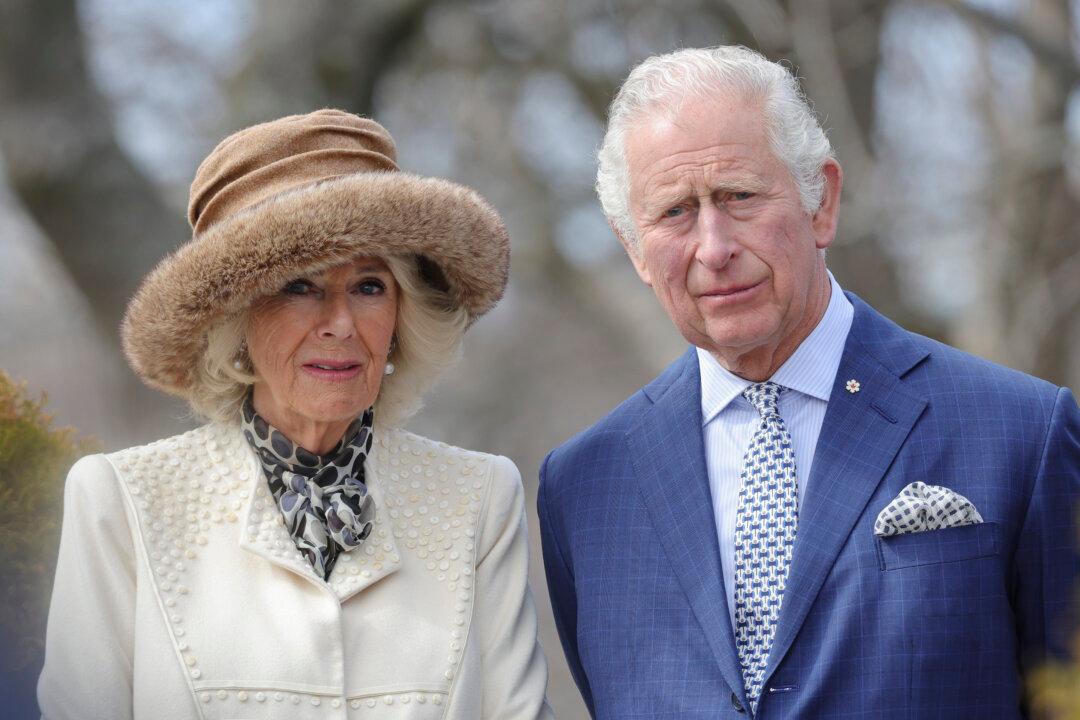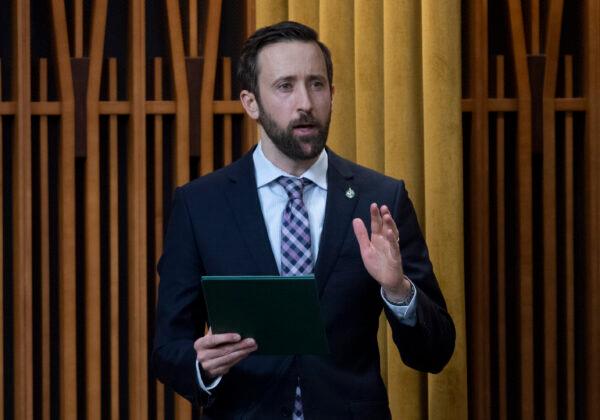Commentary
On Jan. 24, 1939, Liberal MP Pierre Gauthier issued a statement on what was then the intensifying plight of the Jewish people under Nazi rule. With remarkable callousness, he downplayed the need for Canada to do something about it, particularly regarding the question of accepting refugees, citing the country’s economic interests. It is an astonishing document.





